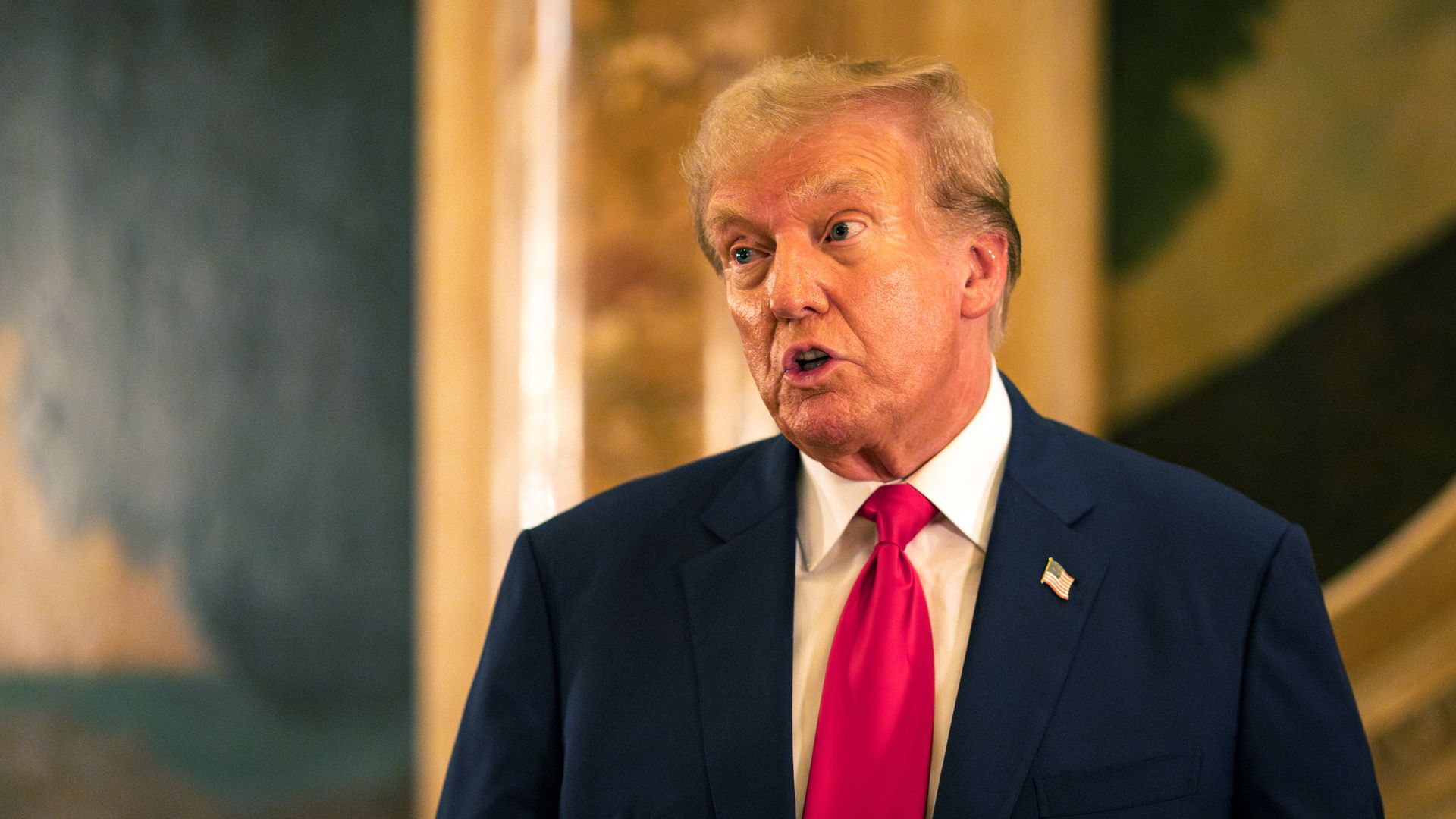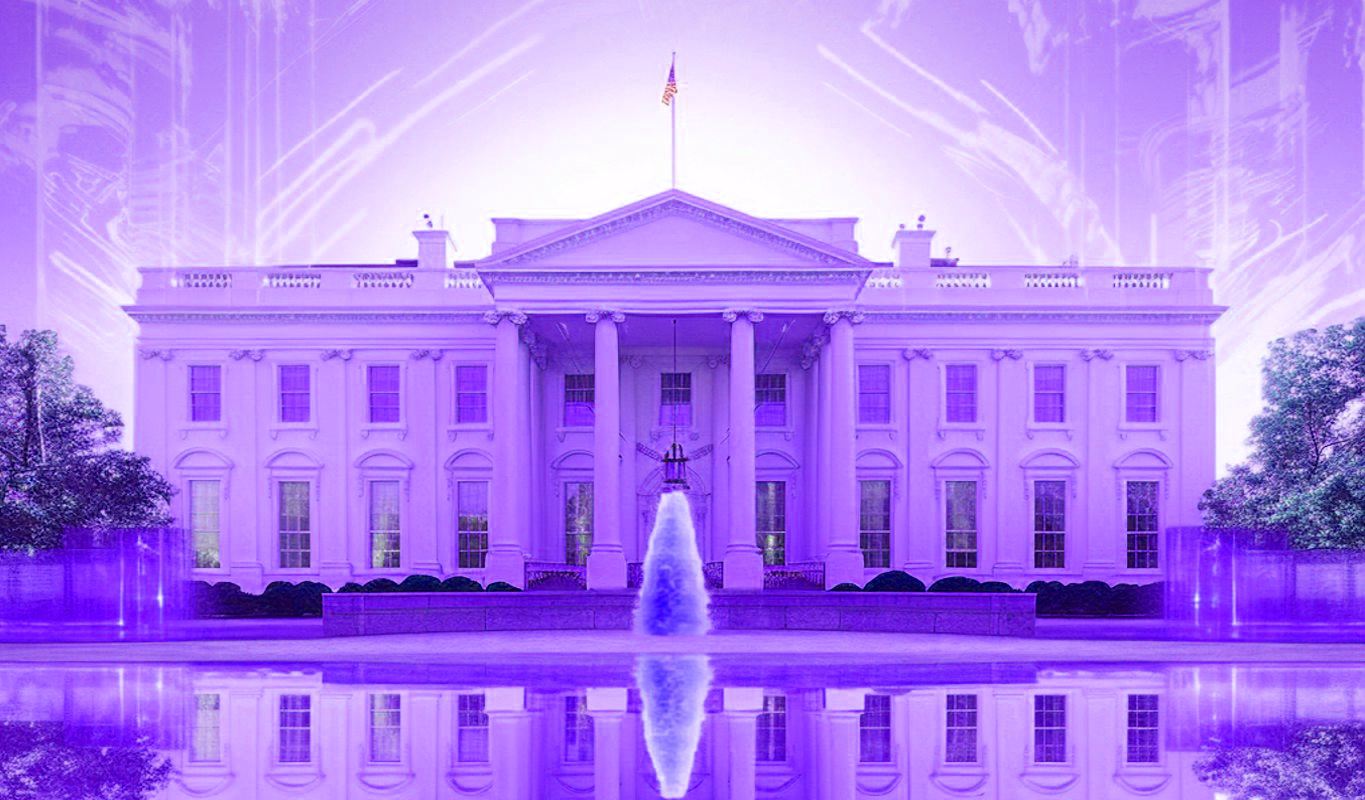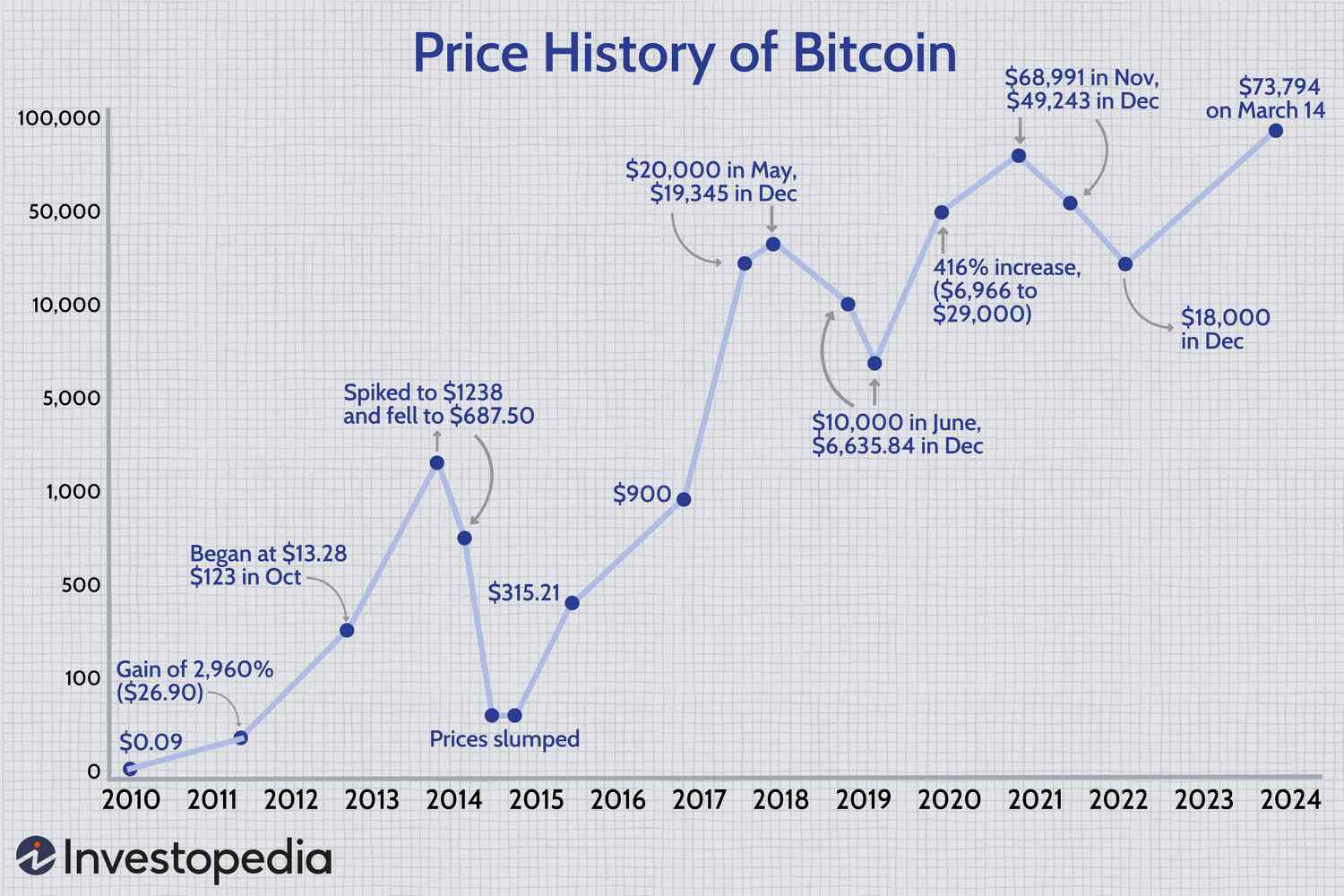
Donald Trump Targets Bitcoin Miners to Drive Support for Crypto
Former President Donald Trump is diving headfirst into the cryptocurrency landscape, aiming to harness the burgeoning power of Bitcoin miners to fuel his presidential campaign. During a recent event at Mar-a-Lago, Trump engaged in discussions with executives from notable Bitcoin mining companies, CleanSpark and Riot Platforms, as part of his broader strategy to sway votes from this critical industry.
“Bitcoin mining may be our last line of defense against a CBDC [central bank digital currency]. Biden’s hatred of Bitcoin only helps China, Russia, and the Radical Communist Left. We want all the remaining Bitcoin to be MADE IN THE USA!!! It will help us be ENERGY DOMINANT,” declared Trump on Truth Social.
This statement not only underscores his pro-crypto stance but also reflects the sentiments voiced by many miners who defend their energy usage by arguing that, during crises, they can actually stabilize the energy grid by reducing operations temporarily.
Trump’s efforts are aimed at bolstering the domestic Bitcoin mining industry.
The Growth of the Bitcoin Mining Industry
The Bitcoin mining sector has witnessed remarkable growth, with the global cryptocurrency market valued at approximately $1.92 billion in 2022, projected to expand to around $7 billion by 2032. In response to heightened interest from investors, companies like Marathon Digital Holdings and CleanSpark have seen their stock prices soar by 120% and 347%, respectively, over the past year.
Since its ban in 2021, China has lost its position as the world’s leading hub for crypto mining. As a result, miners have rapidly established operations in locations across the globe, including Ethiopia and Kazakhstan, but the United States has emerged as a dominant player in the field. The U.S. share of global Bitcoin mining has surged from merely 3.5% to a staggering 38% in just three years, bolstered by affordable power and ample land.
Political Landscape and Mining’s Controversies
Despite the industry’s momentum, Bitcoin mining remains controversial, particularly in its rural host communities. In 2023, Southern states accounted for roughly half of the U.S. hashrate, with Texas alone contributing an impressive 28.5%. Local residents have raised concerns about the environmental impact and operational noise from these facilities, prompting protests and lawsuits in states like Texas and Arkansas.
The issue has garnered attention from both sides of the political aisle, especially as the Biden administration ramped up its scrutiny of the crypto sector over perceived national security risks and environmental concerns.
 Communities continue to grapple with the impact of Bitcoin mining.
Communities continue to grapple with the impact of Bitcoin mining.
A New Era of Political Engagement
With Trump’s latest overtures towards the Bitcoin mining community, it seems he is using the cryptocurrency narrative as a vehicle to galvanize both financial support and voter loyalty. The focus on energy dominance and provisions for the mining sector resonate with a Republican base that values economic independence and innovation in technology.
As the political landscape evolves, so does the interplay between cryptocurrency and governance. The symbiotic relationship between Trump and the cryptocurrency sector could redefine engagement strategies in upcoming elections, reflecting a shift toward embracing digital assets over restrictive legislation.
The debates around Bitcoin mining, therefore, are not just economic; they implicate larger societal and environmental conversations that will shape public policy in the years to come.
Trump is framing Bitcoin mining as a pivotal point in his economic agenda.
Conclusion
As Donald Trump marches forward with his pro-crypto campaign promises, the ever-evolving Bitcoin mining landscape will undoubtedly remain a focal point of discussion in both financial and political realms. Whether this initiative can successfully unite miners and attract more votes for his campaign will hinge on the tangible benefits that can be delivered to this rapidly growing sector. The nexus of politics and cryptocurrency is set to be a defining feature of the upcoming electoral strategies, marking a substantial shift in how traditional politics engages with innovative financial technologies.














